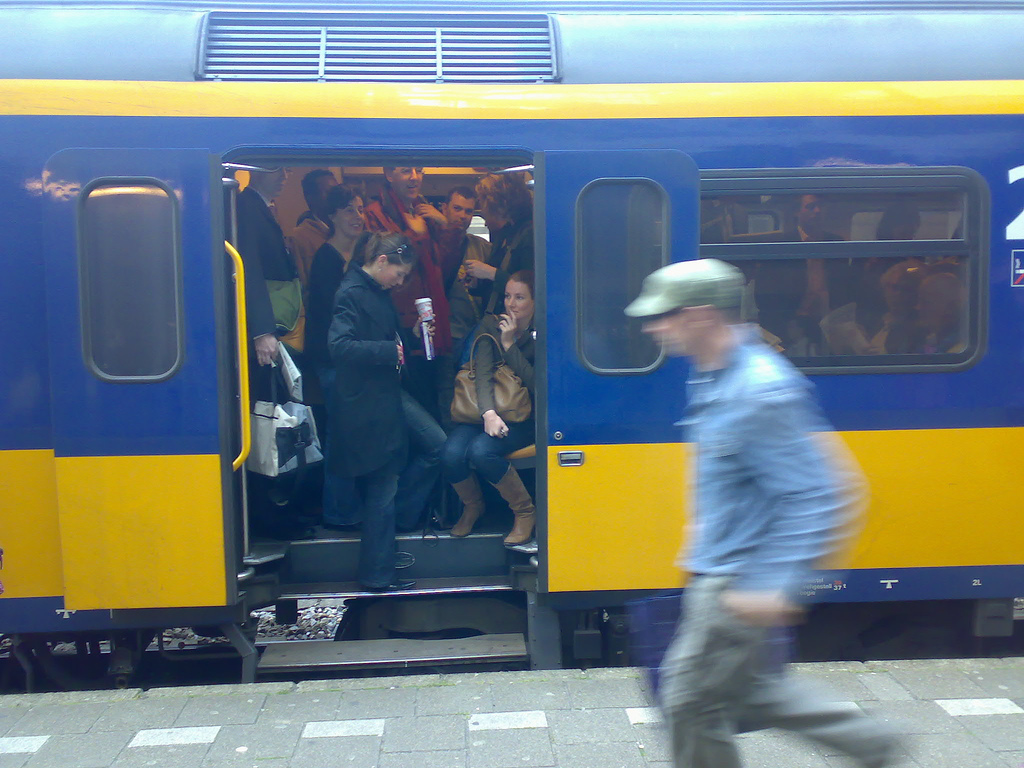Claims against overcrowded trains and the litigious society

Stichting ConsumentenClaim has announced to start legal proceedings against Dutch Railways on behalf of a passenger. The question that the court will essentially need to answer is whether overcrowdedness in trains resulting in passengers frequently not having seating constitutes a breach of contract.
To determine whether such a claim will be successful, several legal questions need to be answered: does Dutch Railways have an obligation to perform?, does it merely have a best efforts obligation, and if so, what should be understood under ‘best efforts’?, when can a passenger reasonably expect a place to sit on the train?, how do passengers prove they have suffered a loss?, and what losses does a passenger exactly suffer? Some argue that passengers’ claims do not stand a chance. Others see such claims as society becoming more litigious and may condemn passengers of overcrowded trains who file a claim. One may even see them as despicable money-grabbing plaintiffs.
Qualifications like these are likely unjustified. Empirical research has demonstrated what victims need in case they suffered a harm or loss. They do not primarily or not only seek monetary compensation, but (also) tend to seek recognition, an apology, disclosure (what happened, and why), closure, and prevention. A train passenger is not likely to seek money, but a place to sit.
It is also known that once frustration builds, there will be individuals who seek legal enforcement to have their needs met. This could explain why train passengers are now willing to join StichtingConsumentenclaim in a battle against Dutch Railways. They may hope or expect that a claim will provide incentives to Dutch Railways to solve the issue of overcrowded trains, or at least reduce the issue.
The problem, however, is that the solution that contract law and tort law provide, the law of damages in particular, is rather one-dimensional. Even though most jurisdictions allow for different types of relief, monetary compensation is by far the most popular tool in the legal toolbox. This explains why train passengers resort to monetary compensation: the legal system forces them to. The emphasis (or: fixation) on monetary compensation is so strong that it becomes difficult to consider alternatives. This not only, partly or predominantly, explains why train passengers file claims against Dutch Railways, but also why they claim against physicians who have erred or against Malaysian Airlines after the downing of the MH17 plane.
As a result, claims such as the one against Dutch Railways expose the inability of contract law and tort law, the law of damages in particular, to properly address victims’ needs. They reveal the limitations of the monetary perspective that dominates the law. The real challenge for the legal community is therefore not to formulate an answer to questions such as ‘Did the train passenger suffer a loss?’, but to find an alternative to the dominant monetary perspective.
Published on Law Blogs Maastricht